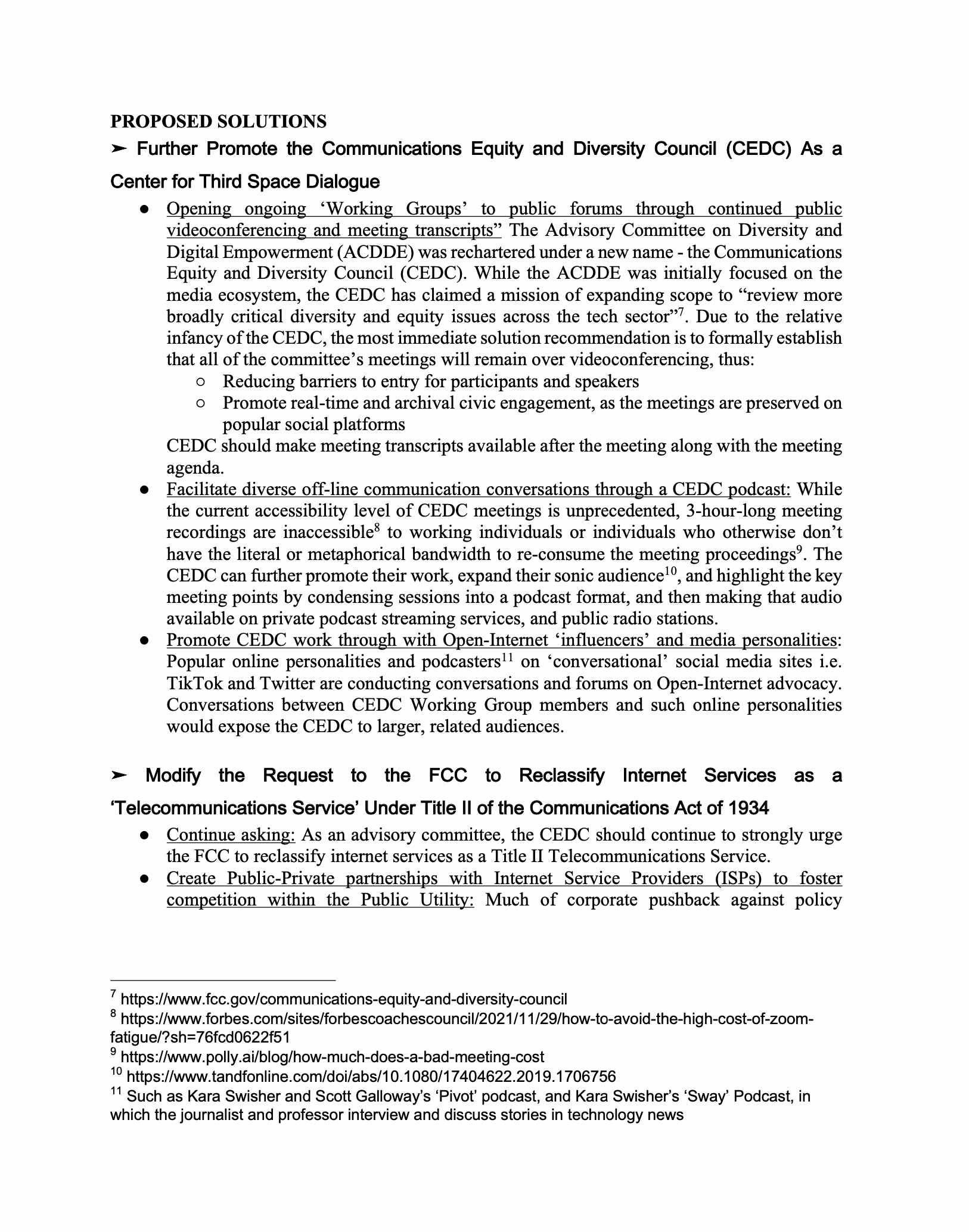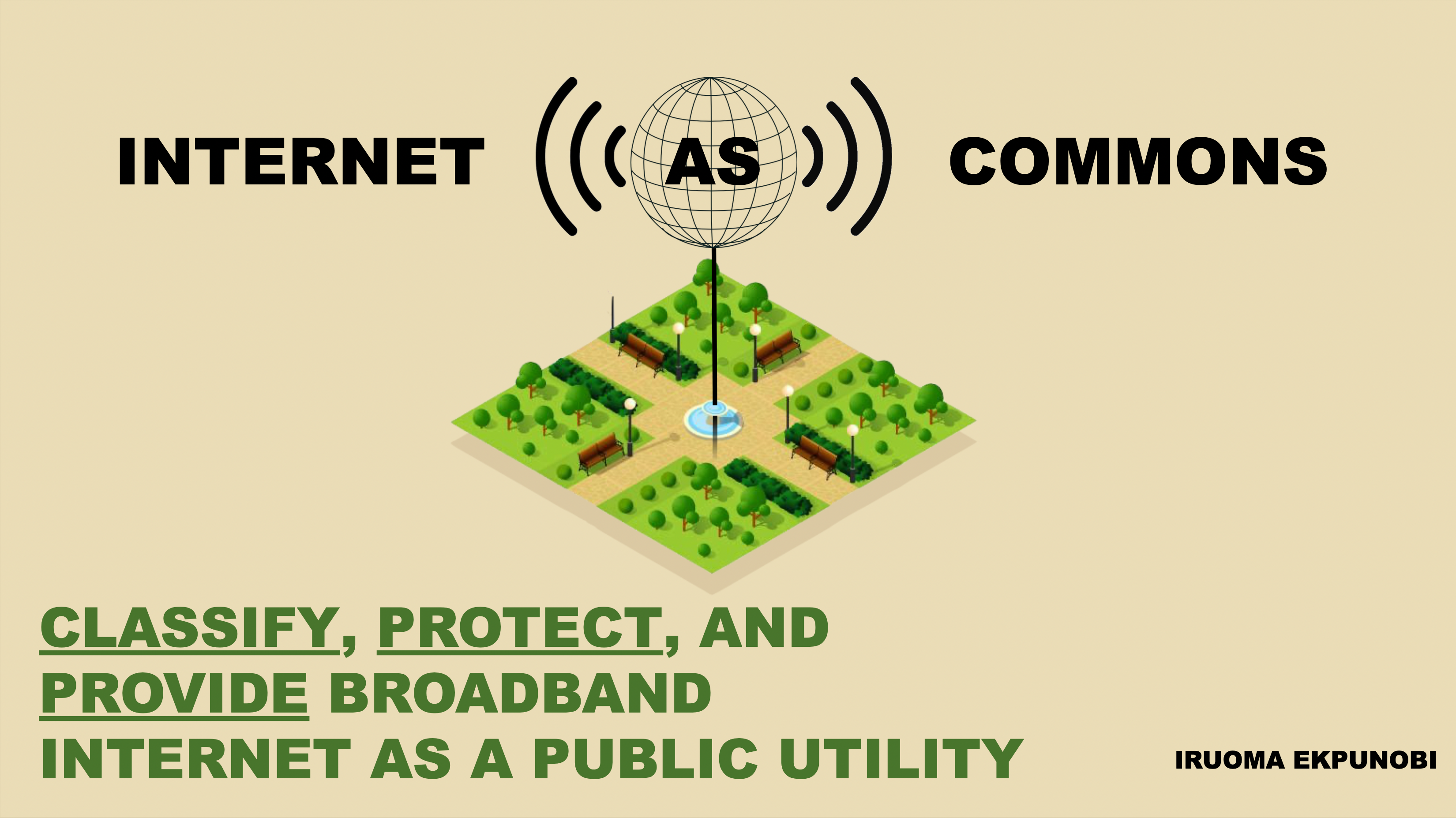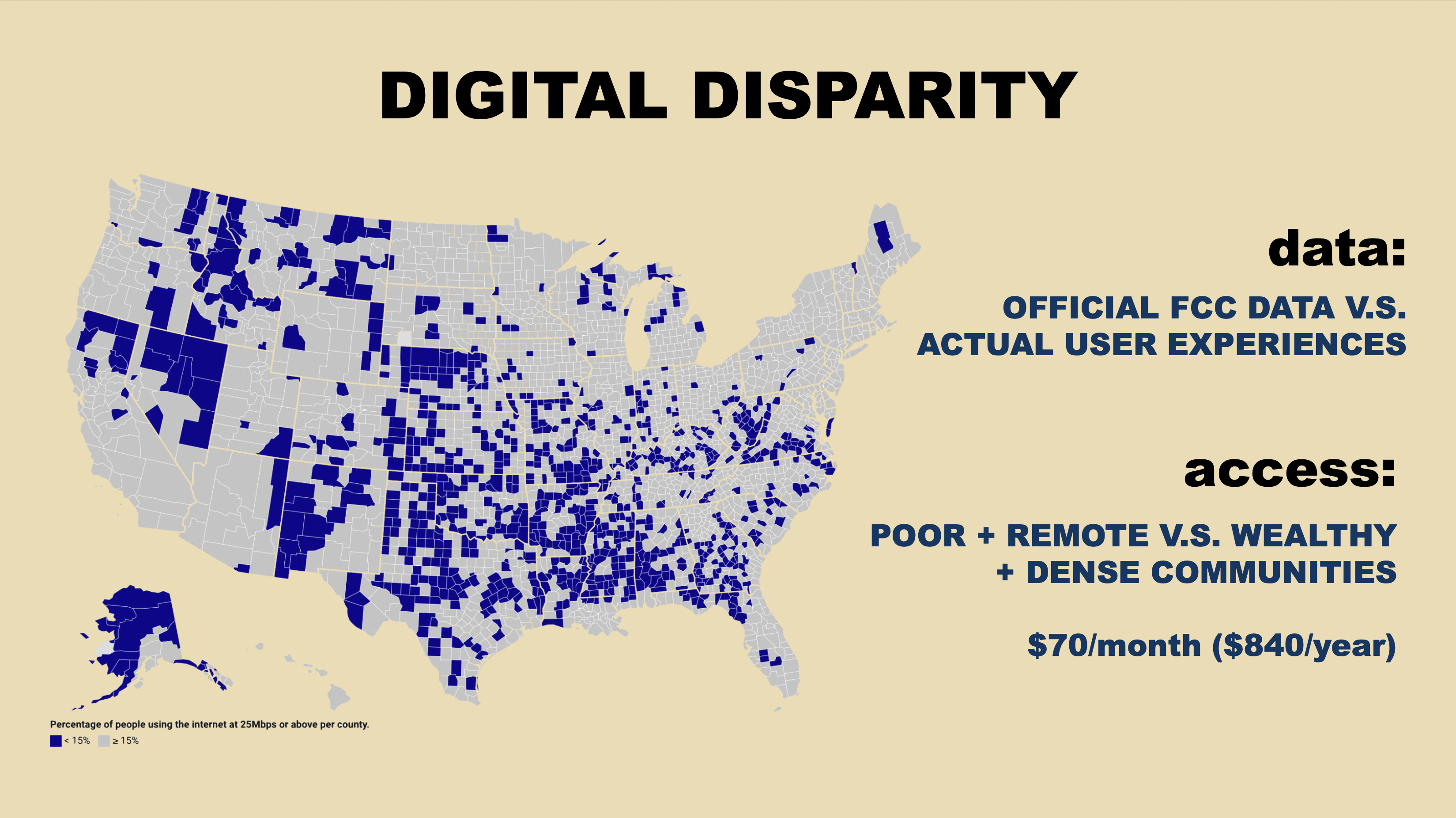Third Space Radio
table of contents
i. intro
ii. policy memo
iii. policy presentation
iv. third space radio
v. third space radio: live
i. intro
ii. policy memo
iii. policy presentation
iv. third space radio
v. third space radio: live
In my final year of undergraduate studies, I found my interests focusing on the concept of ‘third places’, a term coined by sociologist Ray Oldenburg to refer to places where people spend time between home (‘first’ place) and work (‘second’ place). This eventually became the subject of multidisciplinary thesis research for my public policy degree, in which I began laying the groundwork for further exploration into the potentials of community transmission and radio.
I make a radio show at the end, click here to skip to that.

As a culmination of my research, I wrote a policy memo to the Chairperson of the FCC’s Communications Equity and Diversity Council advising the FCC on the necessity to ensure and promote universal access to the internet, and establish modern usage of the internet as a ‘Third Place’.
One of my proposed solutions was that the FCC make a podcast... read more below!



The internet is a communications and relations hub. Not only is it where we gather synchronously, but perhaps even more importantly, where asynchronous information dumping and gathering allows for conversation to develop across time and time-zones.
Anecdotally, my interests in social audio and podcasts as a permutation of traditional radio blossomed during the 2019-2020 shelter-in-place lockdown orders of the Covid-19 pandemic, when Clubhouse, an audio-only app that enables users to have real-time conversations in virtual ‘rooms’ exploded in popularity, and was quickly emulated by Twitter Spaces and Spotify Live. I found myself speaking but much more often listening to incredibly intimate conversations. In the few days of popularity before the app was banned in Mainland China, I also sat in on conversations held in Mandarin about coalition and organizing. This piqued my interest as someone who has conducted research on Social Media as a Protest Tool in Mainland China.

1. Some of the current obstacles to nationwide internet access,
2. survey data demonstrating a need for internet as a public utility,
3. feasibility for that classification,
4. my subsequent policy suggestions.





As a multimedia artist, my research would not be complete without practical application. I created an internet radio show titled Third Space Radio, in which I used radio transmission as a metaphysical conversation pit. The pilot episode, featured below, was hosted on an artificial frequency, Gratitude 33.3FM, which hosted reflections on gratitude across space, time and dimensions.
Through my own exploration of the internet as not only public commons, but personal utility–and an opportunity to reflect on loss, grief and the community that persists, I gained a deep understanding of the power of the internet and similar communal media as a unifying frequency.
Please take a look / listen:

A working phone number was provided to listeners & viewers, some of whom then called in and shared reflections on gratitude.
This thesis would not have been possible without the clarifying vision of my late grandmother, Ogbueshi Nnwanyi Esther Igboko. May her energy live eternal.
